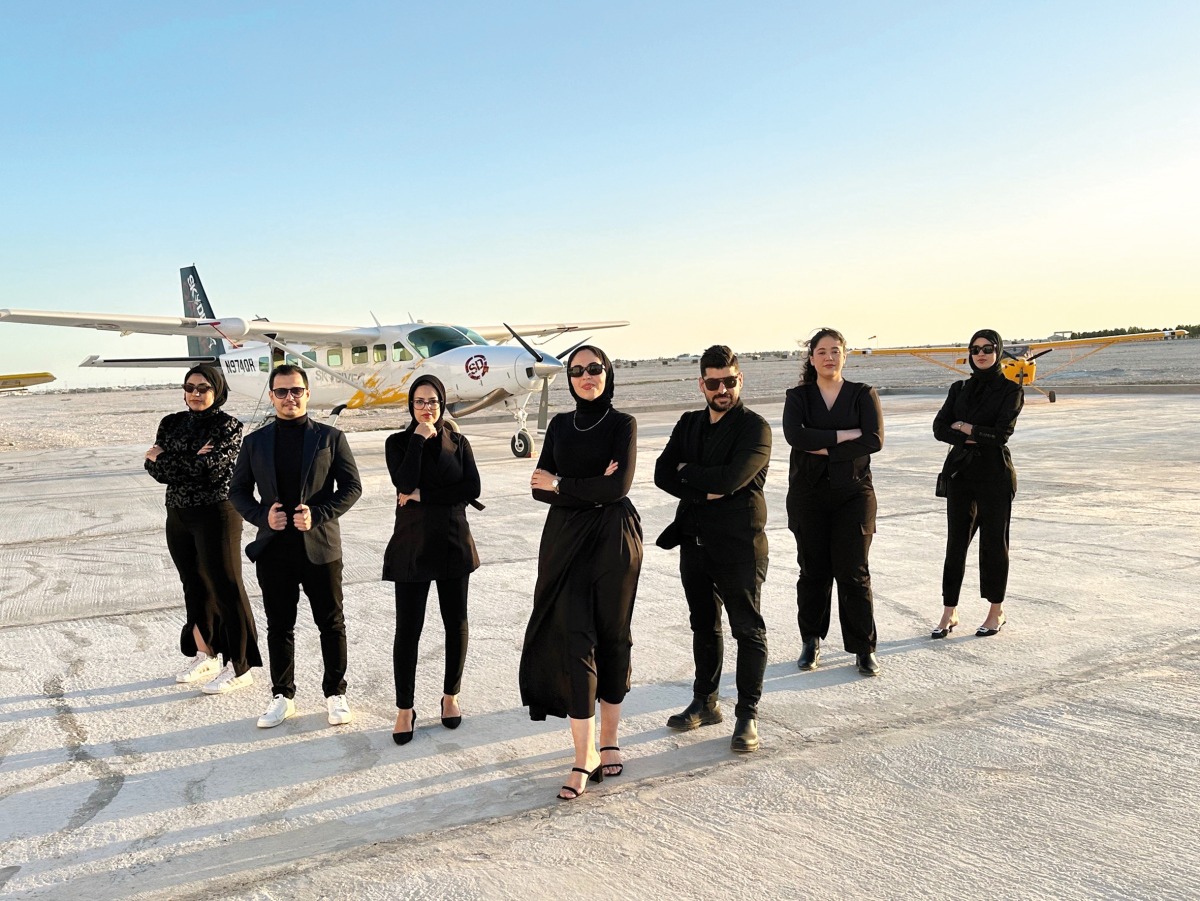The top seven contestants of season 16 of Qatar Foundation’s Stars of Science have advanced to the ‘Pitch It’ stage after three casting rounds. This unique TV program provides Arab innovators a platform to transform their ideas into practical solutions with the help of experienced mentors. The contestants will compete against each other to present their groundbreaking innovations to a panel of judges and have a chance to win a share of the Grand Prize. Each candidate is presenting a unique innovation addressing critical regional and global challenges, showcasing the power of modern research and collaboration.
The contestants of Stars of Science season 16 are working on a variety of innovative projects, focusing on areas such as medical technology, mental health, and environmental sustainability. Khadidja Fellah Arbi from Algeria is developing an ECG-based Glucometer, while Emma Sleiman from Lebanon is working on the ADHD Multi-Model Classifier (VR Tracker) to diagnose ADHD using VR technology. Yaman Tayyar from Syria is creating a novel microfluidic mixer for gene therapy, and Mariam Montaser from Egypt is working on a Testing Kit for Bacterial Respiratory Infections. Haytham Yahyaoui from Tunisia is developing an Alzheimer Early Detection Application, and Nada Raafat Elkharashi is inventing the Self-Powering Biosticker to address electronic waste.
Prof. Fouad Mrad, a jury member on Stars of Science, emphasizes the importance of developing innovations that cater to the specific needs of the Arab world. He believes that young innovators should create solutions that are not only relevant but also beneficial to the region. The competition aims to guide these young minds in creating innovations that can make a positive impact on the Arab world. The show will air from September 7, 2024, to October 19, 2024, on five channels in the region as well as online.
One of the contestants, Khadidja Fellah Arbi, is working on an ECG-based Glucometer, a wearable device that uses AI to measure blood glucose levels through ECG analysis. Emma Sleiman is developing a VR system to diagnose ADHD, while Yaman Tayyar is creating a microfluidic mixer for gene therapy. Mariam Montaser’s Testing Kit for Bacterial Respiratory Infections aims to help people make informed decisions about antibiotic use. Haytham Yahyaoui’s Alzheimer Early Detection Application uses AI to diagnose early-stage Alzheimer’s, and Nada Raafat Elkharashi’s Self-Powering Biosticker generates electricity from air humidity.
In addition to medical and healthcare innovations, the contestants are also addressing environmental sustainability and preserving cultural heritage. Nada Raafat Elkharashi’s Self-Powering Biosticker aims to generate electricity from air humidity to power small electronic devices, while Sanaa Belkoutbi’s Mosque Drone Inspector uses technology to analyze mosque internal structures. These innovations showcase the diversity and creativity of the contestants on Stars of Science season 16. The show provides a platform for these innovators to showcase their solutions to critical global challenges and make a positive impact on the Arab world.











